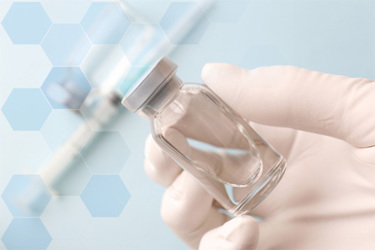Optimized Residual dsRNA Detection For mRNA Therapeutics

The global market for mRNA vaccines and therapeutics is experiencing rapid growth, with its value expected to climb from $11.75 billion in 2023 to a significantly higher figure by 2030, demonstrating a compound annual growth rate of 17.05%. This surge isn't solely driven by the ongoing need for evolving COVID-19 vaccines to combat new variants. It's also fueled by the exciting potential of mRNA technology to address a wide range of other health concerns, including infectious diseases, rare genetic disorders, various cancers, and respiratory conditions.
However, the production of these groundbreaking therapies faces a critical hurdle: the presence of impurities that can compromise both patient safety and the treatment's effectiveness. Among these, double-stranded RNA (dsRNA) stands out as a particularly challenging impurity to detect and control. DsRNA is a byproduct of the in vitro transcription process and is known for its high immunogenicity, meaning it can trigger an undesirable immune response in patients.
To address this crucial need for enhanced accuracy and reliability in mRNA therapeutic development, Samsung Biologics has developed an advanced enzyme-linked immunosorbent assay (ELISA)-based method for detecting dsRNA. This new method offers significant improvements over conventional commercial ELISA kits, providing a more robust solution for managing this critical impurity.
Get unlimited access to:
Enter your credentials below to log in. Not yet a member of Bioprocess Online? Subscribe today.
